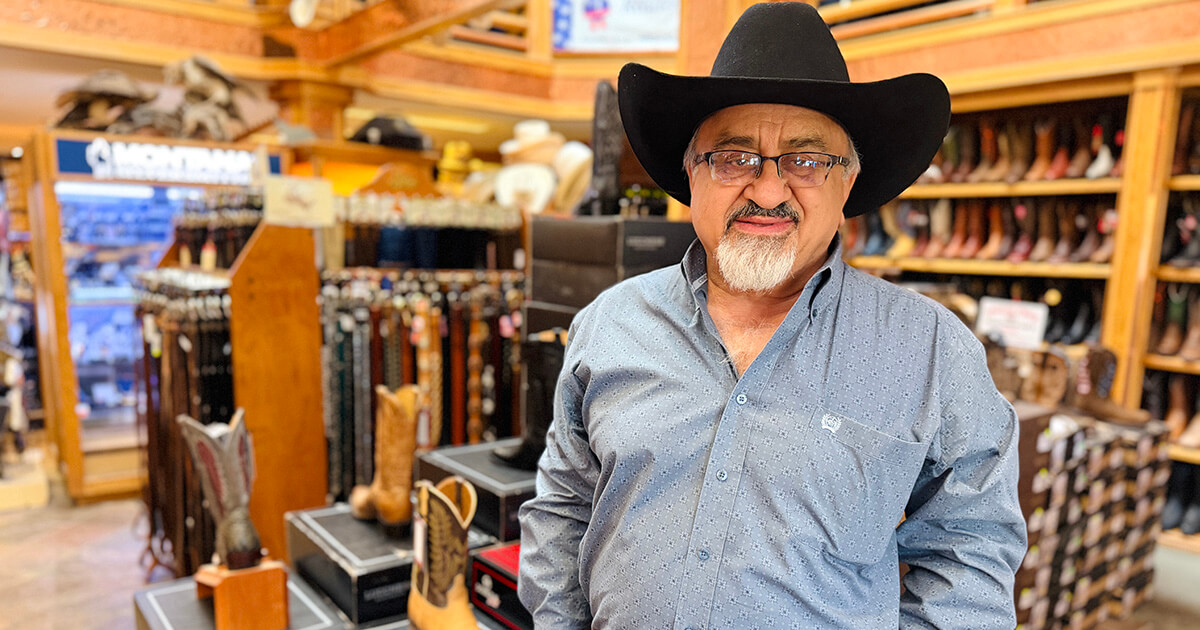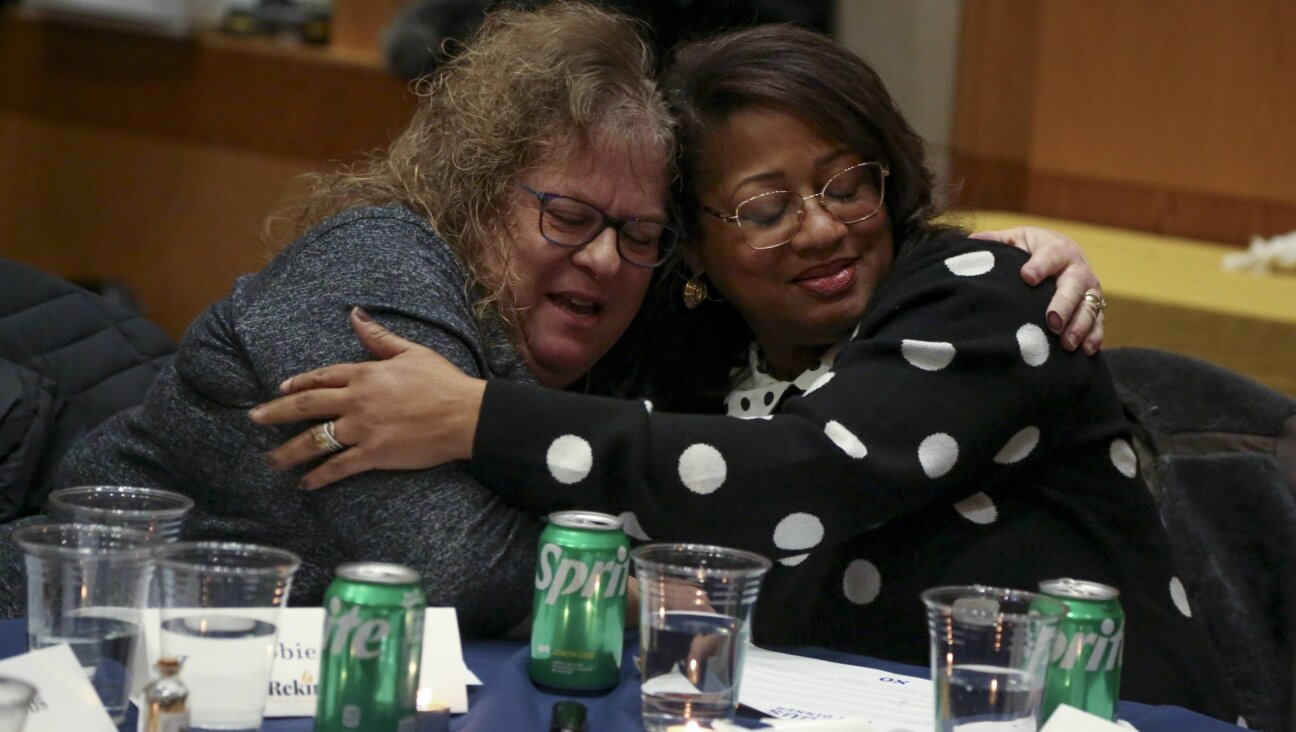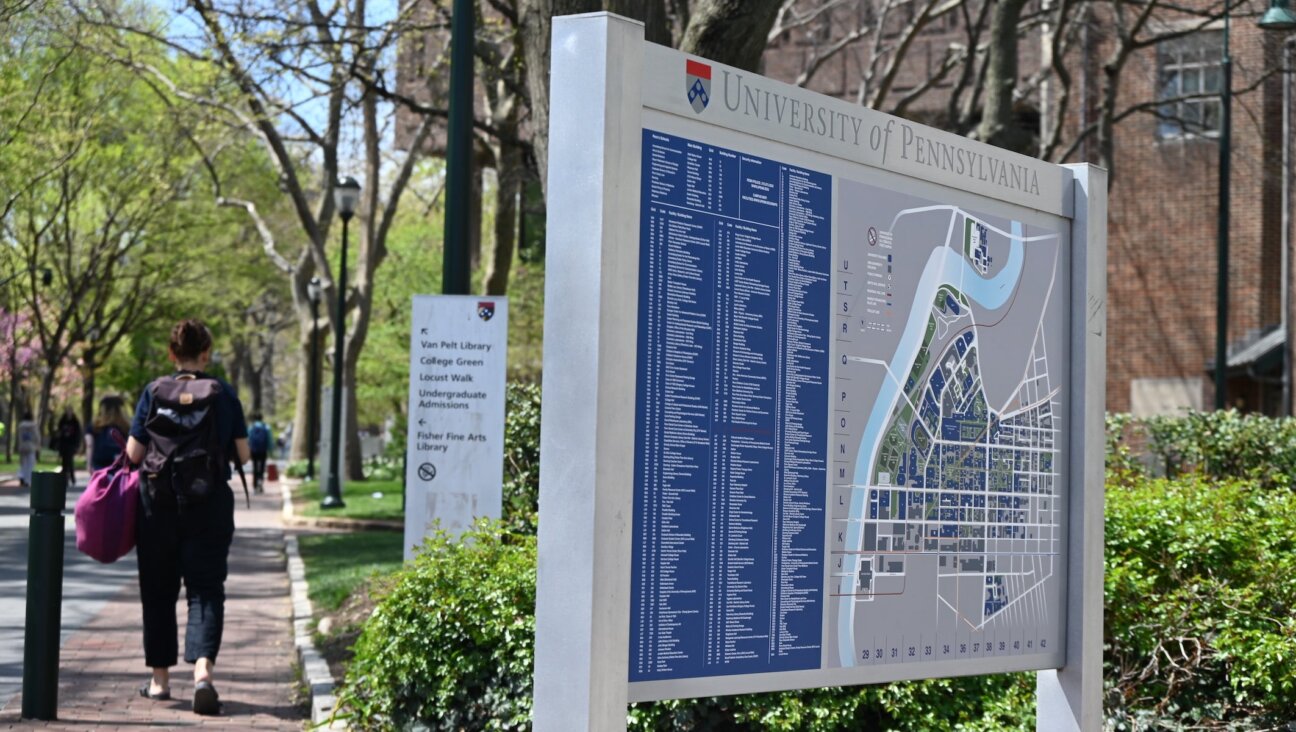Secrets of the City
CHAPTER 59: BLOOD AND SNOW
In Chapter 58, the bodies of dead yeshiva students were discovered in the snow.
* * *|
A SERIALIZED NOVEL
By Anne Roiphe
The snow was grand indeed, also relentless. It weighed down on the yellow crime-scene ribbons, causing them to fall and disappear into the rising drifts. The police cars left tracks in the snow that were soon covered up, and the red lights on their roofs appeared as blunt horns on a prehistoric arctic beast. Three or four bodies were found. Perhaps there were more. The bodies needed to be identified and buried before the day was over, according to Jewish law. Civic law wanted autopsies. Religious law was found in the persons of four rabbis who had gathered at the site, all attached to the Yeshiva of Point Shrub — they were adamant. Had they been shot? Poisoned?
Had they been shot? Poisoned? The Police Commissioner tried to explain his need to find means and motive. “There doesn’t have to be a motive for a pogrom,” said Rabbi Mendelsohn. “But there has to be a means,” said the Police Commissioner.
It was hard to undress bodies while wearing heavy gloves, but when the police took off their gloves their hands soon turned stiff and red and useless. They pulled one of the bodies into a car and turned on the heat and pulled off his black coat, which had a hole in it near where it’s owner’s heart would have been. They took off the boy’s torn, blood-stained white shirt, his tallis, his small, bare unbreathing chest exposed a young boy, a man almost but despite having had his bar mitzvah, not yet a man in a full hormonal sense. His glasses had fallen off. But you could tell that he had worn them recently by the red pinch lines about his nose. His acne was still florid on his forehead, and his hands were soft, his nails were bitten down to the cuticle. He also had a bullet hole in his chest, and all the signs of blood and tear and splinters of bone that followed. “Is it a gang war?” asked the cop who had undressed the boy. “These people don’t have gangs,” said the other cop. “They have enemies.” “It sure appears that way,” said the first.
* * *|
“Sergei,” said Ina, “You look like Bigfoot.” “That good?” he asked. Ina laughed. His eyebrows were thick with white flakes, his black curly hair had turned white and his eyes seemed blacker than ever in his pale face. They were pulling their children on a sled in the park. Their son held the baby tightly in his arms, taking his responsibility with the full gravity it deserved. Ina had the hood of her parka with its faux fur trim pulled closed around her face. Around them other parents trudged with plastic sleds of bright blue and green, children ran and fell into the soft drifts on purpose. There was, above it all, a strange silence, the hum of traffic stilled.
“I have an idea. It came to me while I was floating in the tub a few weeks ago,” Ina said. “I had a picture come into my mind. It’s about cell reproduction,” she said, telling him the rest in one breathless swoop.
He had to think. This was something new. As he considered, he moved his hands inside his gloves, the cold was getting through.
Sergei looked at his wife as if she were an apparition from another world. “Have you tested?” he asked. “Yes,” she said and smiled. “But much more testing is needed. We could do it together.” “But it’s your idea,” he said. “I need you,” Ina said. Sergei was silent. It was a gift she was offering him. For a moment he was humiliated. Then he was grateful. She did, in fact, this woman who concentrated like a hawk on her slides, want him — need him. Sergei for the first time believed he was an American for whom dreams come true and who can live out their lives at home.
And then he felt his mind racing. The things they would have to do to prove, to double prove, to answer the critics before they could publish. He was more methodical and patient than she. Or so she allowed him to believe. They would do it together.
In the park as the afternoon passed and the snow gathered higher and the city seemed every more a candy replica of itself, Ina held Sergei’s hand. To be in love with your husband and for him to be in love with you is a matter easily taken for granted, easily absorbed into the day, but when on occasion that love becomes apparent it can cover your life with something akin to joy or as near as most human beings come to that elusive and always temporary state.
* * *|
Brooke called Leonid. He had no time to talk, he told her, he was busy working. This was true. He really was working. He had designed a jacket to go with his hat. He had a meeting with Vladi Myerowitz, who owned a dress company and was a friend of a friend. It was a small dress company in a loft in the garment district. Leonid had not been to the garment district before. Sergei had told him to wear a shirt that didn’t stink of nicotine, and he had bought himself a proper tie with little dots to wear with the suit that Sergei had given him, which was a little long in the arms and needed to be hitched up with a belt, but otherwise was fine.
In the streets he saw three men pushing a rack filled with spring dresses, pink silk covered with berries and irises. Leonid stared. It was as if April had walked past him in the snow, sending out beckoning colors, promises made just to him. Big trucks were parked at strange angles in the snow, waiting for boxes that were being shipped to stores all around the country. God, how Leonid loved women and their need to be dressed. More men passed him by, pushing women’s blouses with bows and flowers pinned to the neck. A great, round container was waiting on a cart, and when Leonid stood on his tiptoes to peer into the barrel he saw straw hats with wide brims and ribbons pressed one into another.
The scent of commerce was every bit as overwhelming as the scent of women who might be willing. Under his arm, Leonid carried a black portfolio he had shoplifted from Staples downtown. In the portfolio he had placed his sketches. His mother had admired his drawings when he was a child, which was probably not enough to give him confidence today, but Leonid hung onto the image of her approving face. Her smile floated in and out of his mind as he made his way up one snowdrift and across a street to the old building with an outside fire escape and huge windows that loomed in front of him. He took a breath mint and entered the building.
Next Week: The uneasy politics of revenge.
















